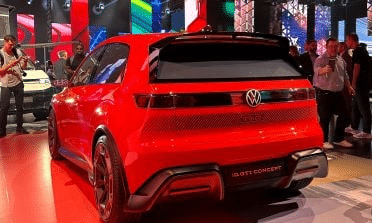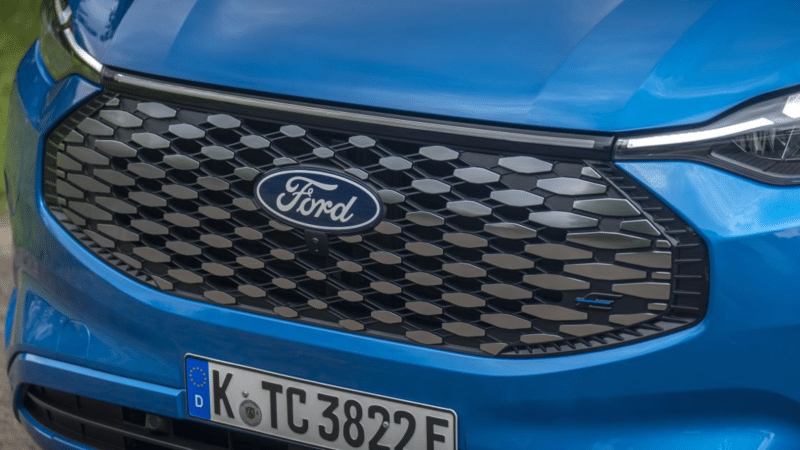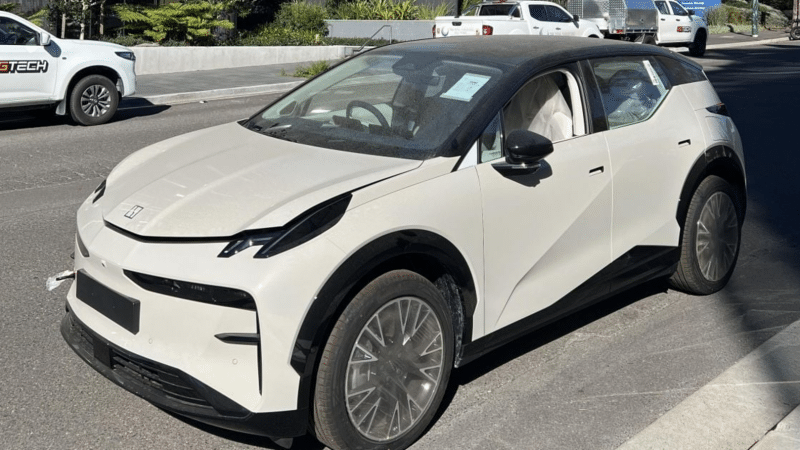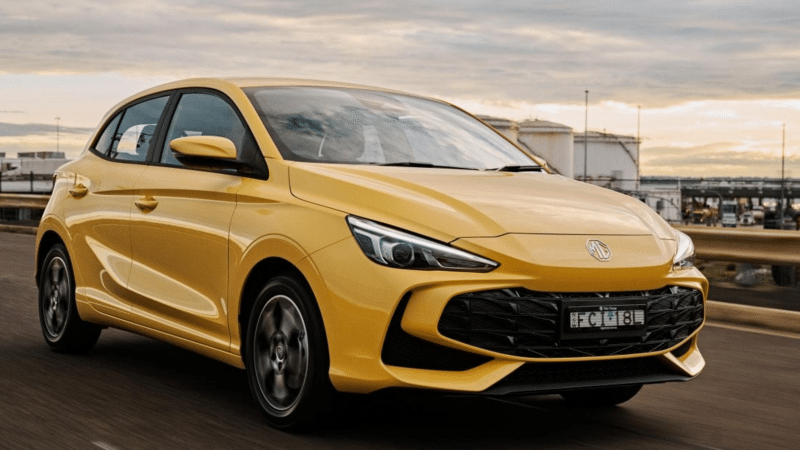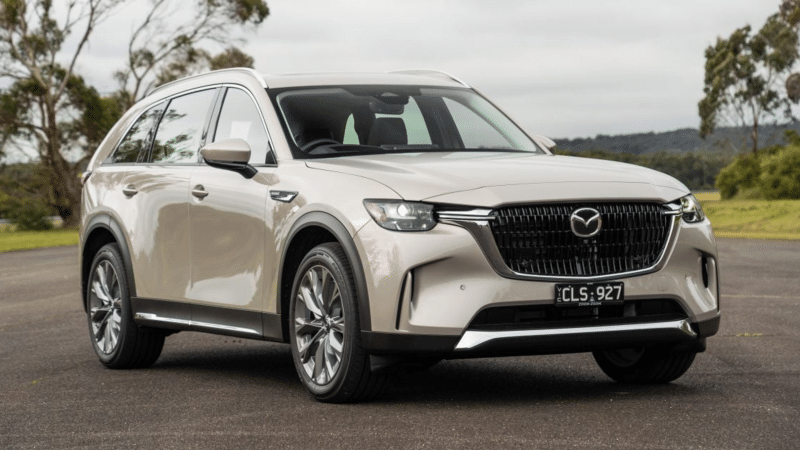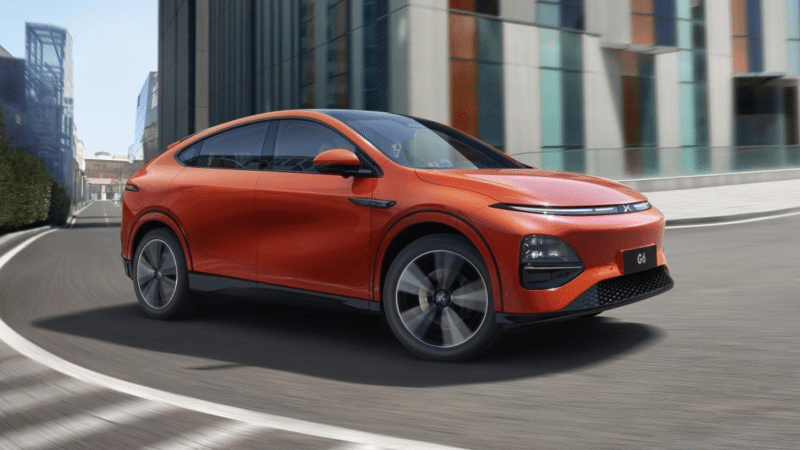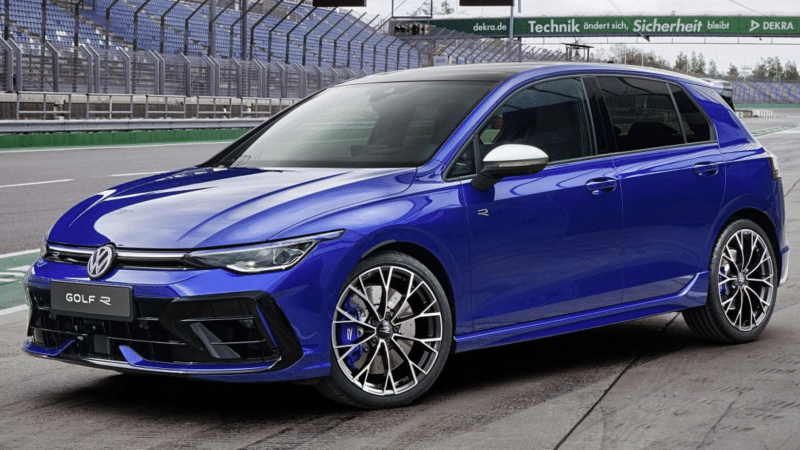Volkswagen Set to Replace GTX with GTI and R Variants for Performance Electric Cars
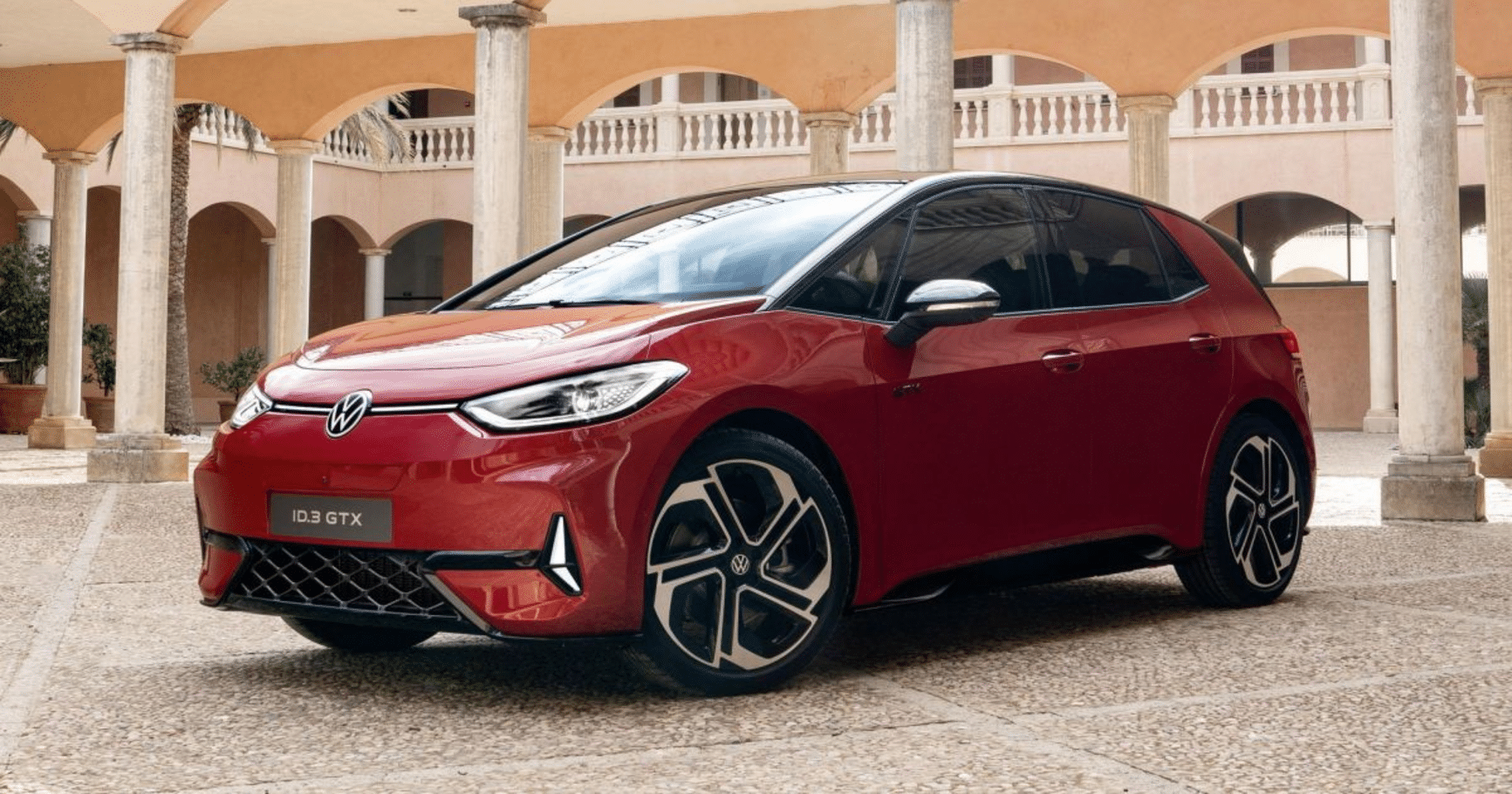
Volkswagen Set to Replace GTX with GTI and R Variants for Performance Electric Cars
Can the GTI and R sub-brands pave the way for electrifying performance in Volkswagen’s EV lineup?
Volkswagen has decided to phase out the GTX badge for its heated up electric cars and instead focus on the GTI and R variants. This move was confirmed by Thomas Schäfer, CEO of the Volkswagen brand, who stated that future products will feature a clear portfolio of GTI and R models. The transition is expected to take a few years to complete.
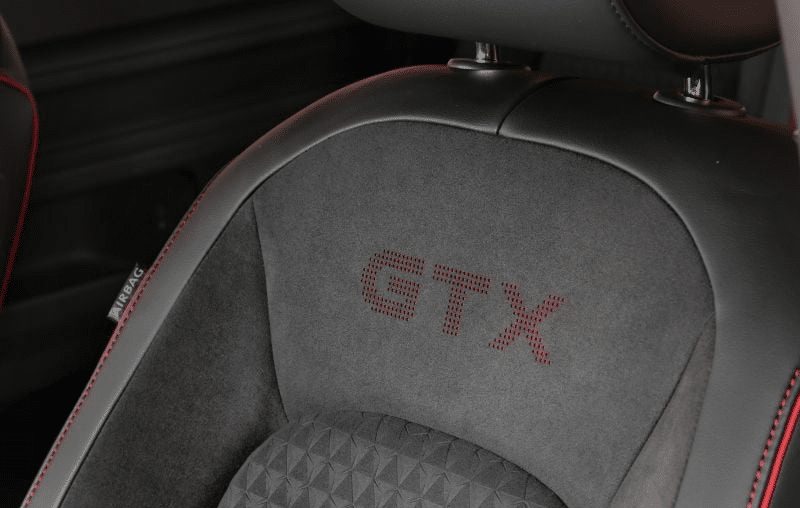
Volkswagen has made the decision to replace the GTX badge with the iconic GTI and R variants for its performance-focused electric cars. This transition was confirmed by Thomas Schäfer, the CEO of the Volkswagen brand, in an interview with Autocar. According to Schäfer, future Volkswagen electric cars will feature a clear portfolio of GTI and R models, representing the brand’s commitment to delivering exhilarating driving experiences in the electric vehicle (EV) segment.
The change is expected to be a gradual process, taking a few years for the GTI and R variants to replace the existing GTX models in Volkswagen’s EV range. Schäfer emphasized that the current products will remain as they are, but future products will align with the clear portfolio of GTI and R sub-brands. This strategic shift signals Volkswagen’s intention to leverage the GTI and R branding, which are already associated with high-performance gasoline-powered cars, to enhance the appeal and excitement of its electric offerings.
The decision to replace the GTX badge with GTI and R variants was influenced by the unveiling of the ID. GTI concept in September 2023. This concept car, which is based on the earlier ID. 2all concept, showcased Volkswagen’s vision of a performance-focused electric hatchback. By associating the GTI branding with electric cars, Volkswagen aims to capitalize on the strong reputation and heritage of the GTI name, which is synonymous with thrilling driving dynamics and engaging performance. The production version of the ID. 2all, which is expected to be sized between the Polo and Golf, will enter production in 2025, with the GTI variant scheduled for 2027.
While the transition to GTI and R variants is underway, Volkswagen is still grappling with the question of how to position the GTI sub-brand in the EV lineup. According to Schäfer, GTI has traditionally represented front-wheel drive performance, while the R has been reserved for four-wheel-drive performance. As Volkswagen expands its electric offerings, there is an ongoing debate within the company on how to define and differentiate the GTI models in the electric era. However, Schäfer assured that both sub-brands will maintain their distinct characteristics and have a clear identity in future electric products.
Currently, the GTX models in Volkswagen’s EV range include the ID. 3 tall hatch, ID. 5 crossover coupe, and ID. Buzz people mover. These GTX models showcase sportier styling and retuned handling compared to their standard counterparts. However, the changes in the GTX models are not as significant as those seen in the GTI and R cars, which are renowned for their performance enhancements and dynamic driving experiences. While the ID. 3 GTX is rear-wheel drive, the ID. 5 GTX and ID. Buzz GTX are both all-wheel drive, providing enhanced traction and stability.
In the current Volkswagen lineup, the GTI versions are available for the Polo and Golf models. These GTI variants offer a sporty driving experience with their powerful engines and performance-oriented features. On the other hand, the R variants, which include the Golf, T-Roc, Tiguan, and Arteon, bring the exhilaration of four-wheel-drive performance to Volkswagen’s lineup. With the transition to GTI and R variants for its electric cars, Volkswagen aims to leverage the strong appeal and recognition of these sub-brands to deliver electrifying driving experiences in the electric era.
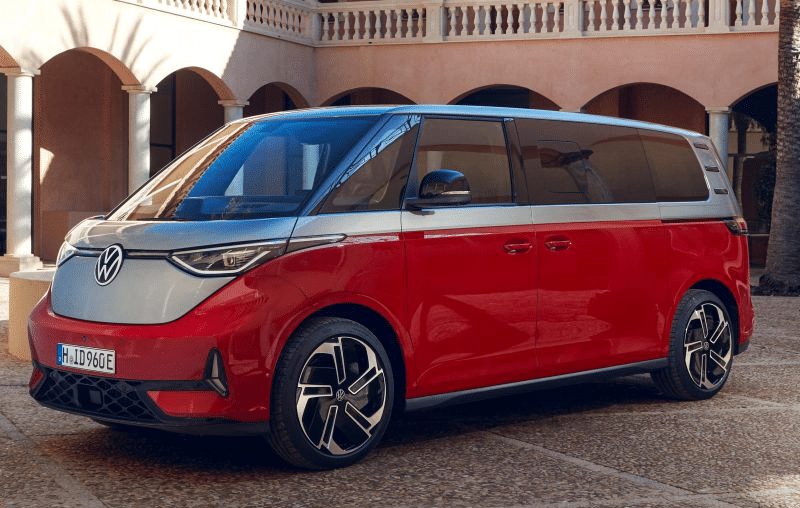
- Volkswagen is replacing the GTX badge with GTI and R variants for its performance electric cars.
- The change will be implemented gradually over the next few years.
- The decision was influenced by the unveiling of the ID. GTI concept, which is based on the ID. 2all concept.
- There is ongoing debate within the company on how to position the GTI and R sub-brands.
- GTI is traditionally associated with front-wheel drive performance, while the R is reserved for four-wheel-drive performance.
- Current GTX models include the ID. 3 tall hatch, ID. 5 crossover coupe, and ID. Buzz people mover.
- GTX models have sportier styling and retuned handling, but the changes are not as significant as those in GTI and R cars.
- Currently, only the Polo and Golf models have GTI versions, while the Golf, T-Roc, Tiguan, and Arteon have R variants.
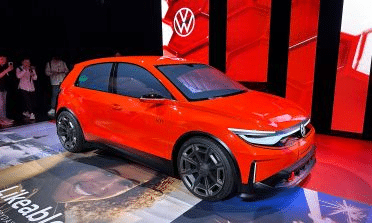
Volkswagen’s decision to replace the GTX badge with GTI and R variants reflects the brand’s commitment to electrifying its performance offerings. By leveraging the renowned GTI and R branding, Volkswagen aims to enhance the appeal and excitement of its electric cars. The transition will take a few years to complete, but the future Volkswagen EV lineup will feature a clear portfolio of GTI and R models, delivering exhilarating driving experiences to electric car enthusiasts. With this strategic shift, Volkswagen is poised to make a mark in the electric vehicle segment and redefine the perception of performance in the era of electric mobility.
